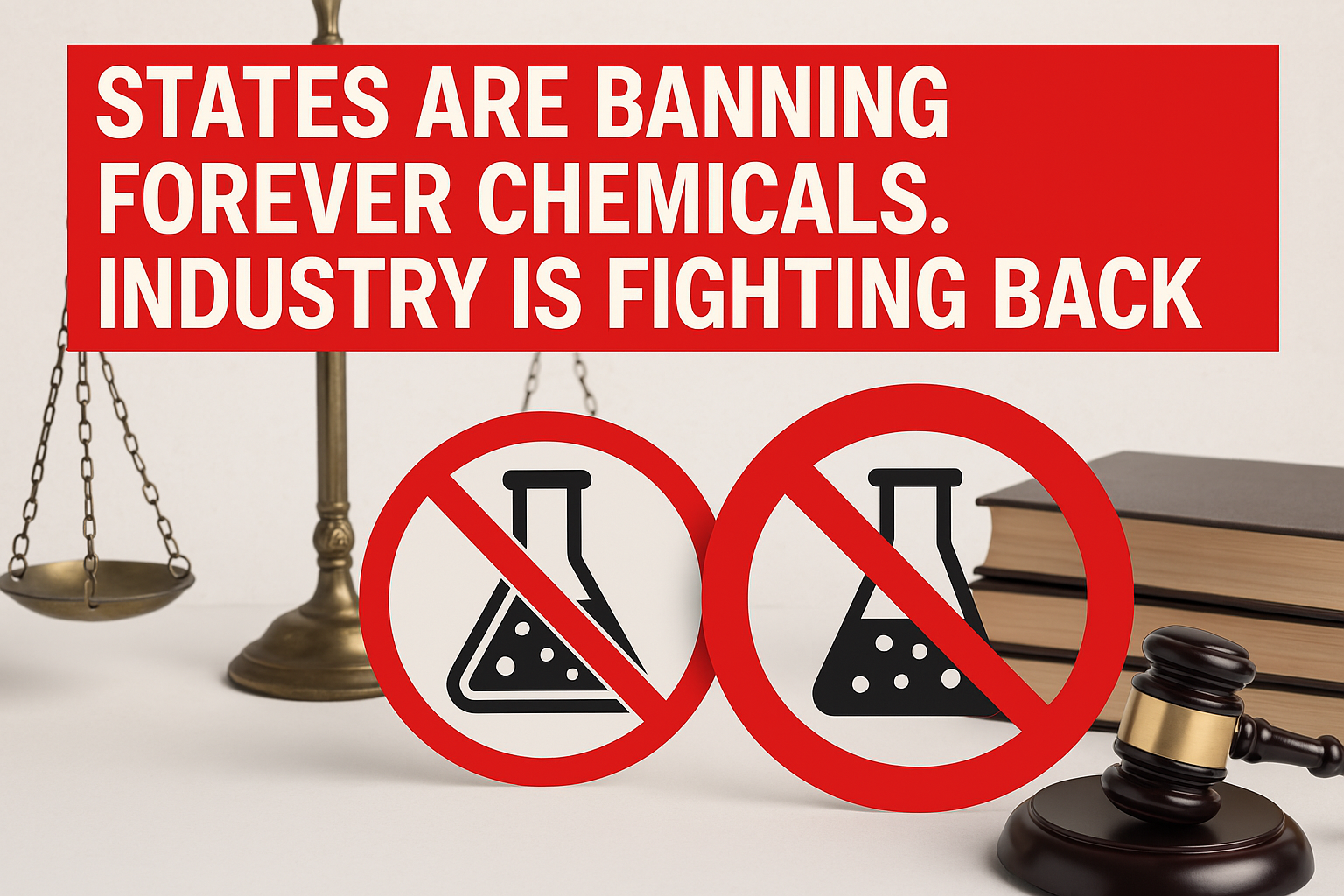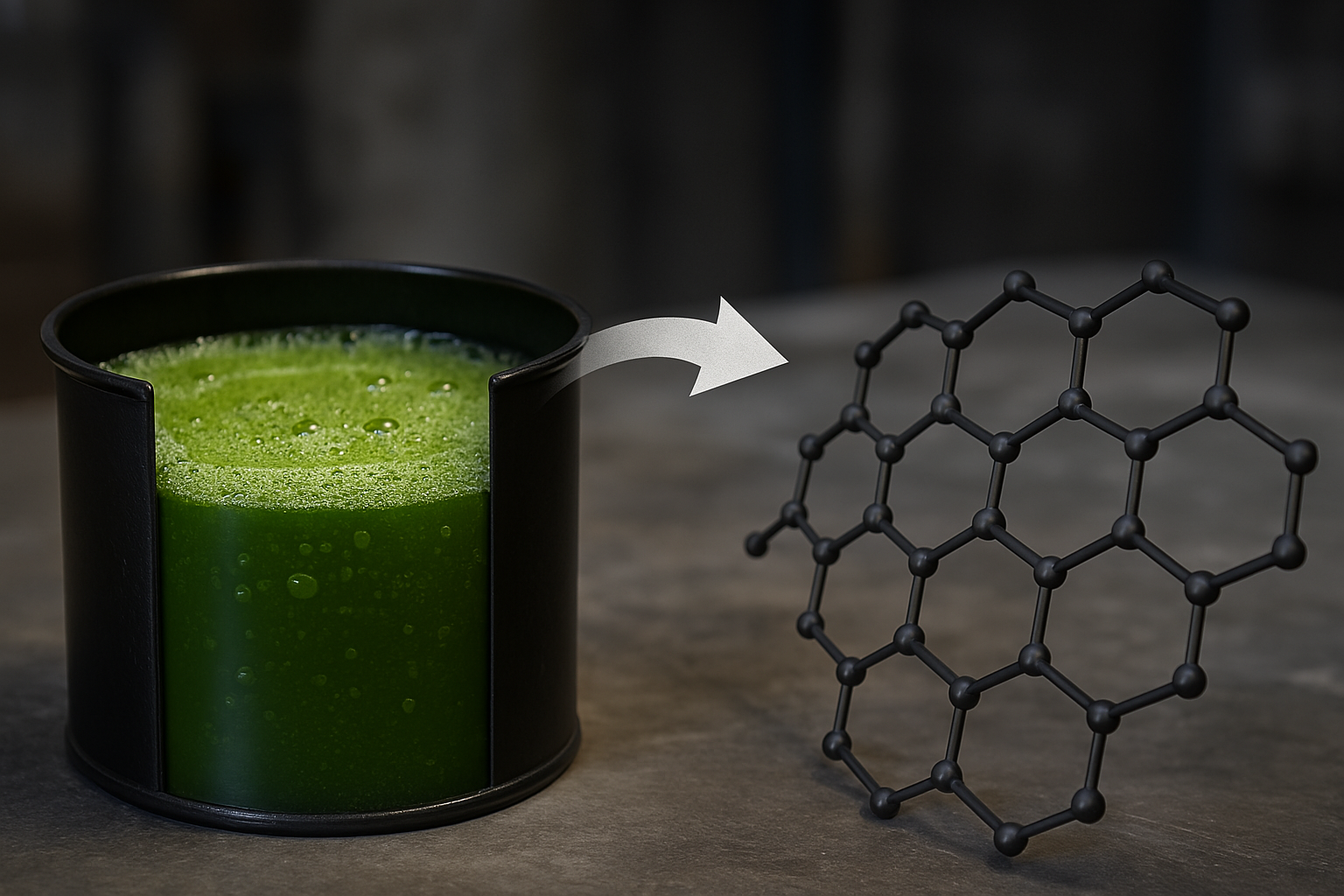Reference: Adapted from WIRED – States Are Banning Forever Chemicals. Industry Is Fighting Back
Location: New Mexico, United States
Date: April 8, 2025
Status: LEGISLATIVE – State-Level Action Faces Industry Pushback
Threat Level: ☠☠☠☠ HIGH
Overview
New Mexico has joined a rising tide of U.S. states taking aim at PFAS—also known as “forever chemicals”—by passing legislation to phase out products containing them. But as lawmakers attempt to protect public health, powerful industry alliances are mobilizing legal teams, lobbyists, and influence campaigns to delay, dilute, or derail these bans. The result: a regulatory battlefield where health advocates clash with cookware lobbyists in a slow-motion toxic war.
Contamination Source
PFAS are used in everything from nonstick cookware and water-repellent fabrics to firefighting foams and cosmetics. These chemicals do not break down naturally, accumulating in human blood, drinking water, and ecosystems over time. Nearly half of the U.S. population is exposed to PFAS through water systems, and almost every American has detectable levels in their body.
Key Details
- New Mexico’s legislature passed two bills banning PFAS in consumer products—but exempted fluoropolymers, a type of PFAS used in nonstick cookware.
- Industry groups like the Cookware Sustainability Alliance (CSA) lobbied heavily and filed lawsuits to weaken PFAS bans across multiple states.
- PFAS bans have passed in states like Maine and Minnesota, but corporate pressure has forced carve-outs and legal battles in others.
- Federal PFAS regulation remains limited: only six types are currently restricted by the EPA, out of thousands in circulation.
Health Impact Forecast (if bans are enforced)
⬆ Reduced PFAS presence in household items
🧬 Lower incidence of cancer, infertility, and immune dysfunction
💀 Potential reversal of long-term environmental bioaccumulation
Real Talk from the Field
“This bill is a starting point. We expect science to grow and exemptions to evolve.”
— James Kenney, New Mexico Environment Secretary
“Fluoropolymers are PFAS. They’re dangerous at every stage—from production to disposal.”
— Gretchen Salter, Safer States Policy Director
“We believe in this chemistry. It’s different.”
— Steve Burns, Cookware Lobbyist & CSA President
What’s Next?
- Legal challenges from manufacturers will continue—especially in Minnesota and California.
- Federal agencies may adopt a narrower PFAS definition under industry influence, threatening stronger state-level protections.
- Advocates push for the elimination of “essential use” exemptions and stronger labeling laws.
- Grassroots movements and public pressure will be critical to preventing rollback.
Message to the Collective
In the corporate war to preserve “nonstick convenience,” the line between science and spin is thinner than a Teflon coating. The fight against PFAS is not just about toxic molecules—it’s about who controls the narrative. Regulators, scientists, and citizens must stay vigilant, or the forever chemicals will win by default.
Stay informed. Filter everything.
This is PFAS PLANET.





